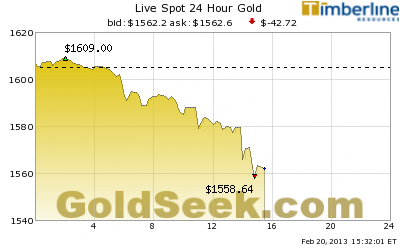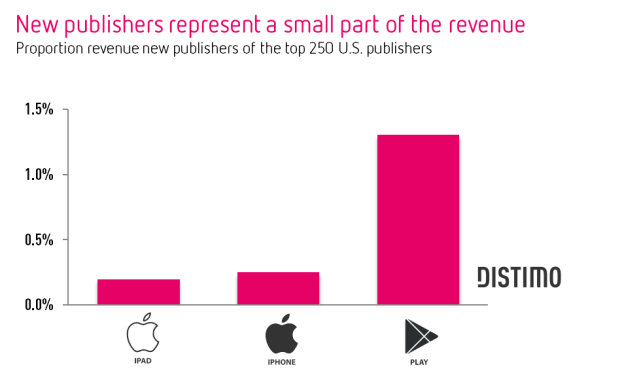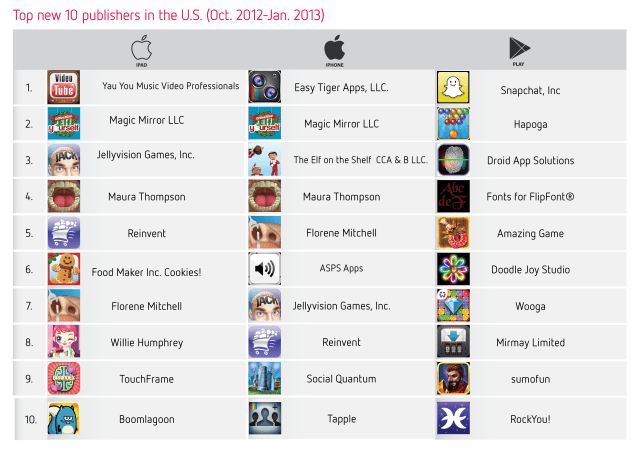“The Pentagon notified Congress on Wednesday it will be furloughing its civilian workforce of 800,000 employees if sequestration goes into effect March 1.
Defense officials have warned lawmakers that sequestration will devastate the military and lead to a hollow force, but the civilian furloughs will be one of the first major impacts felt by the across-the-board cuts.
The Pentagon furloughs will affect civilians across the country. Pentagon officials have said that civilians could face up to 22 days of furloughs, one per week, through the end of the fiscal year in September. The employees would receive 30 days’ notice before being furloughed.
“We are doing everything possible to limit the worst effects on DOD personnel — but I regret that our flexibility within the law is extremely limited,” Defense Secretary Leon Panetta wrote in a message to the department. “The president has used his legal authority to exempt military personnel funding from sequestration, but we have no legal authority to exempt civilian personnel funding from reductions.”
The Joint Chiefs also testified before both the House and Senate last week to lay out the dangers of sequestration, as the Pentagon has taken a much more proactive approach to the cuts than when they were set to hit in January.
Pentagon Comptroller Robert Hale told reporters Wednesday that the furloughs would save between $4 bill and $5 billion in 2013. The Pentagon would have to cut $46 billion under sequestration.
Hale said that most of the Defense Department’s near-800,000 civilian workforce would face furloughs, but there would be exceptions, including foreign workers on overseas bases and those working in combat zones….”
Comments »




